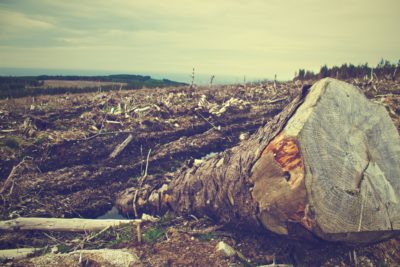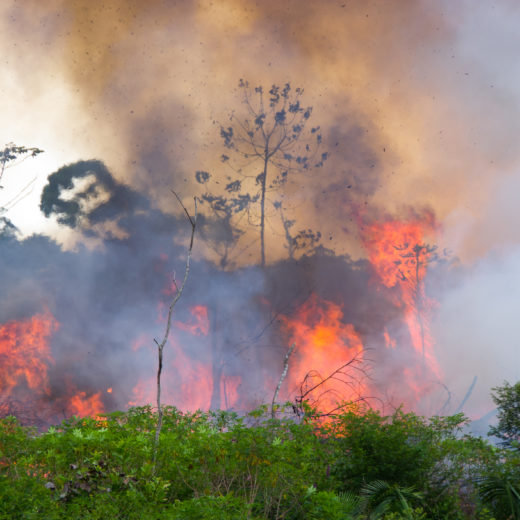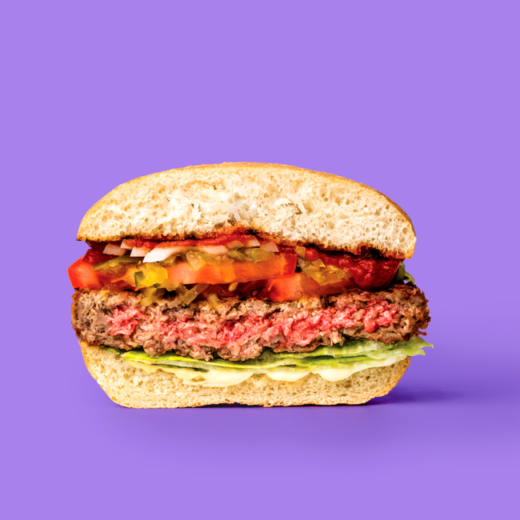
Human impact on our planet has been so dramatic that nearly 1 million animal and plant species face extinction, according to a United Nations report released earlier this month. This is in large part a result of man-made climate change, pollution, and exploitation of natural resources on land and at sea. At current rates of consumption, biodiversity loss is set to accelerate through 2050.
The United States – one of the largest greenhouse gas emitters in the world with per capita emissions double that of the global average – needs to provide better climate leadership. It has become increasingly urgent to join the fight to save our planet and adopt policies that mitigate the impact of climate change to protect our remaining wildlife and plant species. In pulling out of the Paris Agreement, the U.S. government is not only demonstrating a lack of responsibility for its historic role in creating climate change, but also failing to respond to the global need for collective and immediate action. Other governments have stepped up, including Germany and China, on setting more ambitious climate mitigation goals and renewable energy policies.
The UN report notes that more than one-third of the world’s land and almost 75% of freshwater resources are used for livestock and crop production. WildAid’s work on climate mitigation helps empower consumers to make climate-friendly choices, such as eating less red meat, which lessens the burden of feeding over 7 billion people and limits deforestation for the purpose of raising livestock. Individuals, especially those in North America, Australia, and Europe (the world’s largest meat-eaters per capita), can help this fight against extinction by simply choosing to eat less meat in favor of a more plant-based diet.
This report is groundbreaking, and the international conversation on biodiversity is just beginning. China is set to host a landmark summit on biodiversity in 2020 in Kunming. As one of the first countries to join the Convention on Biodiversity, China can provide global leadership and share their vision of an “ecological civilization.” We hope this sparks a much-welcomed discussion on global commitments to better protect our planet’s amazing array of animals and plant species before it’s too late.
Stay in touch and get the latest WildAid updates.
SIGN UPAbout WildAid
WildAid is a non-profit organization with a mission to protect wildlife from illegal trade and other imminent threats. While most wildlife conservation groups focus on protecting animals from poaching, WildAid primarily works to reduce global consumption of wildlife products such as elephant ivory, rhino horn and shark fin soup. With an unrivaled portfolio of celebrity ambassadors and a global network of media partners, WildAid leverages more than $308 million in annual pro-bono media support with a simple message: When the Buying Stops, the Killing Can Too.
Journalists on deadline may email communications@wildaid.org


